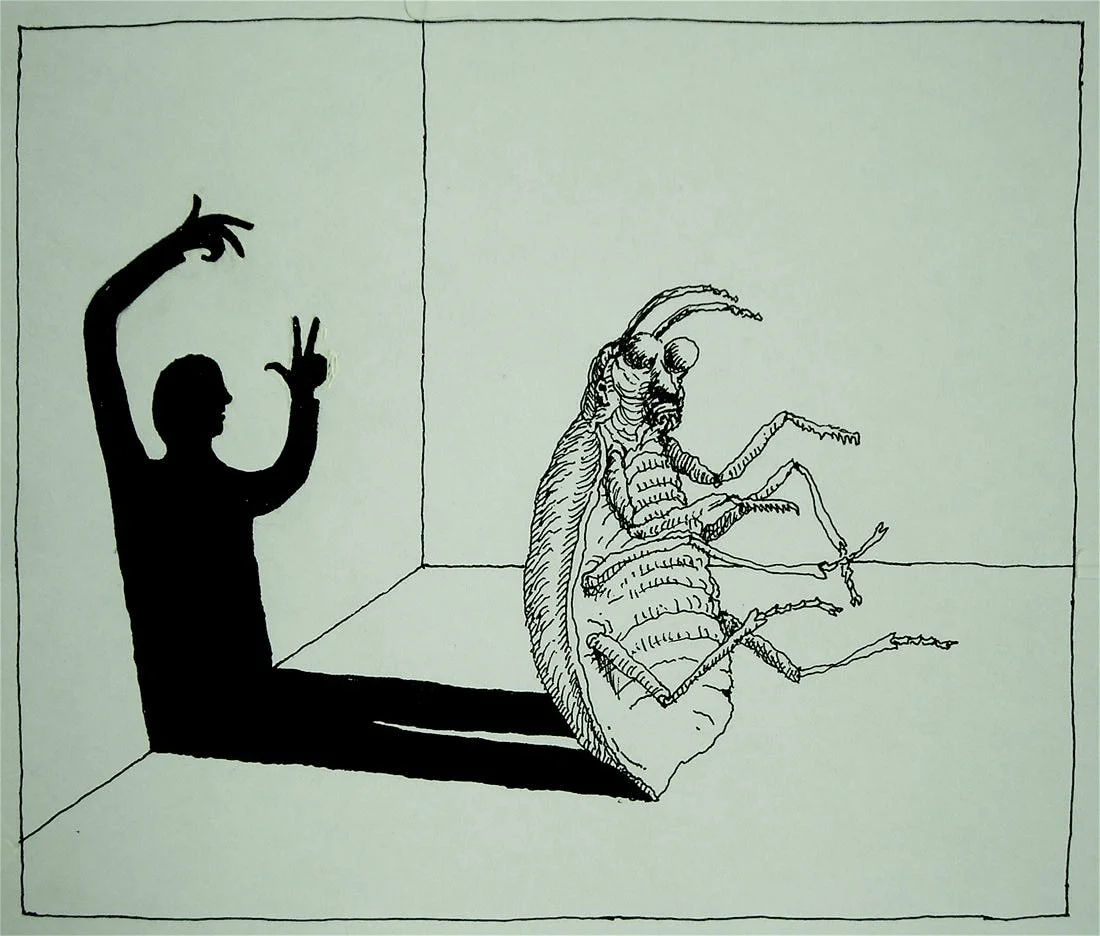Melancholia, as it was known in Ancient Greece, was thought to be due to an imbalance of the four basic bodily fluids, or humors. This condition, now afflicting roughly twenty percent of adults and the leading cause of disability, is better known today as Depression.
A dizzying array of hypotheses, whether based in science, medicine, neuroplasticity, psychology, physiology, or even philosophy, have now overtaken that ancient theory such that the layperson might be tempted to default back to the humors explanation. Nevertheless we shall identify a couple of the more modern approaches in hopes of deriving something worth discussing.
Even the basic science behind Depression remains provisional with the current research now citing the lack of any clear evidence behind the once-established belief that Depression is caused by a "chemical imbalance," a lack of the neurotransmitter serotonin, in the brain. The focus article cites two books that offer alternative explanations i.e. the "stress response run awry" theory leading to this "total-body" illness felt in the mind or, the second book, the result of a malfunctioning immune system (Breaking Through Depression).
Both books thus suggest antidepressant drugs would be better directed at altering the fundamental cognitive bias behind one’s perception of the world i.e. seeing this “doom-laden” thinking more in terms of a neurodegenerative disease. Reframe the brain. Gee, the layperson might think, this sounds like a restatement of existing cognitive behavior therapy. Maybe, but there’s more…
Read More


















